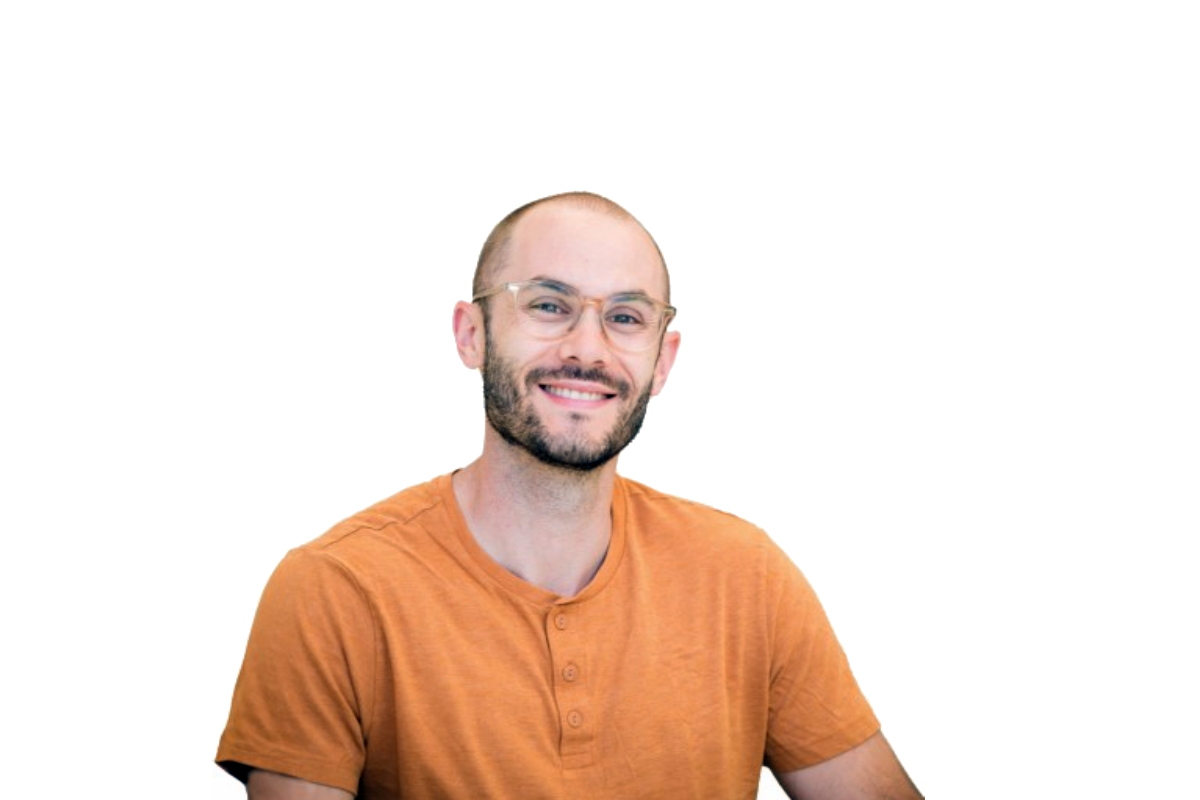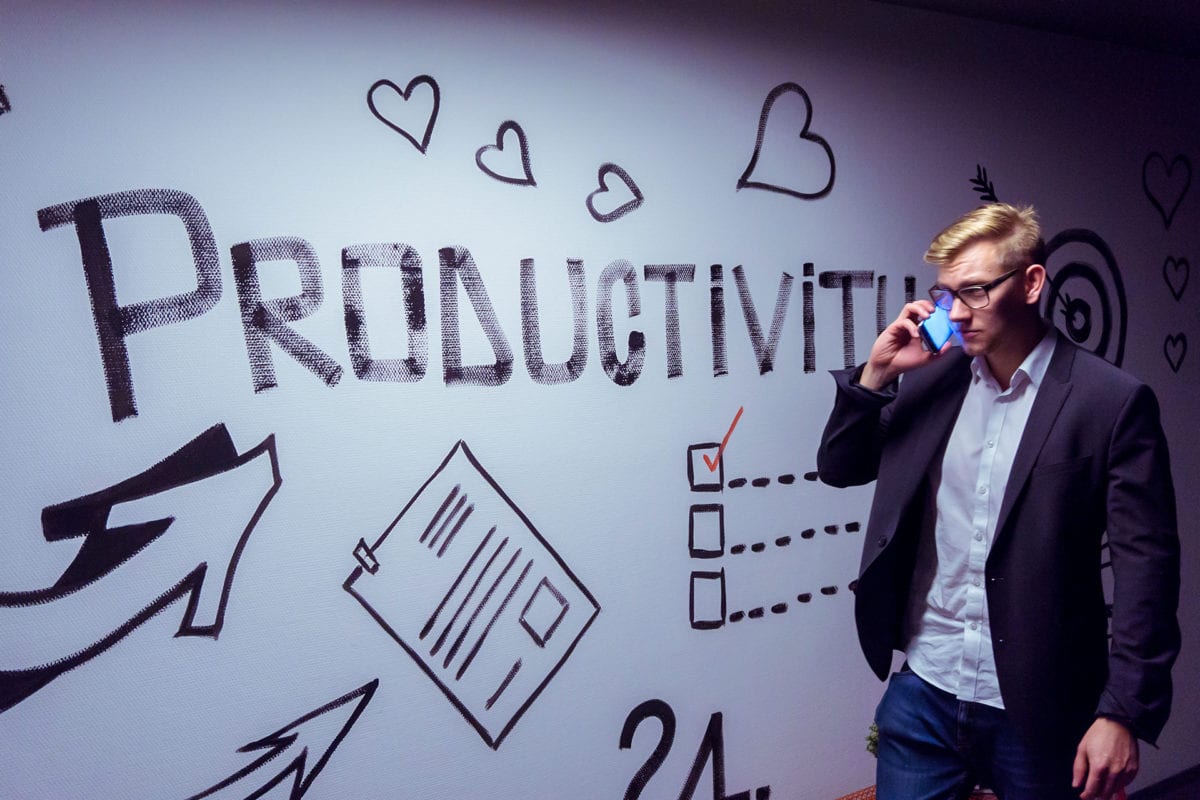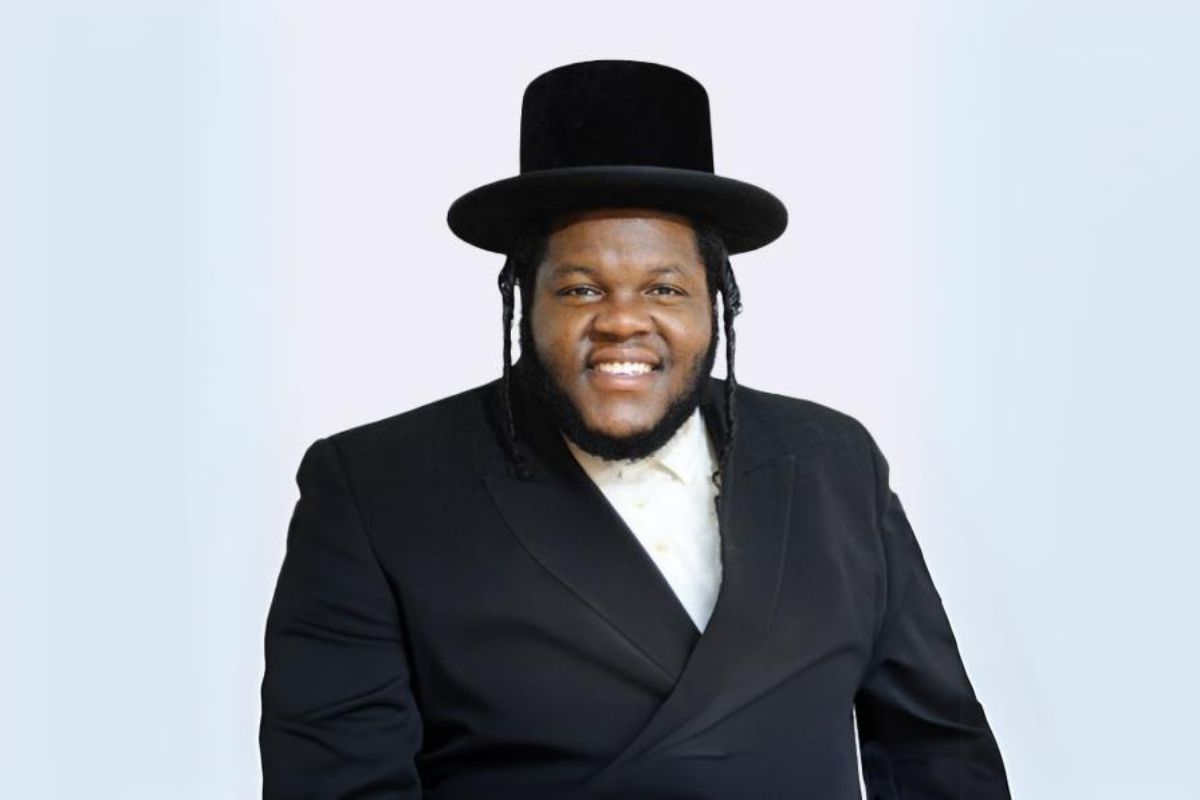Known for her memorable roles as Olivia Barber on the long-running soap opera The Young and The Restless, Tonya Williams has built a distinguished career in entertainment. Yet, her influence extends far beyond acting. As a producer, director, and the founder of the Reelworld Film Festival, Williams is a leading advocate for diversity and inclusion, creating opportunities for underrepresented filmmakers to tell their stories globally.
In this exclusive interview, Williams shares insights from her expansive career, discusses the ongoing challenges in achieving authentic representation in the industry, and reflects on the personal values that have shaped her path to becoming a trailblazer for change in Canadian entertainment.
Your career spans acting, producing, and founding Reelworld. How have you managed to navigate these different aspects of the entertainment industry while staying true to your values?
It’s been a delicate balancing act. When you work in multiple areas of the industry, you quickly learn that each requires a different mindset. Acting, producing, and running a film festival all demand separate skill sets, but they all come back to one core value for me: integrity. I’ve always approached my work with a strong sense of purpose. Whether on-screen or behind the scenes, I am driven by the need to tell authentic stories that matter. Reelworld, for example, came out of a desire to create a platform for voices not heard. It wasn’t just about the business side or filling a gap in the market—it was about staying true to my belief in representation and equality.
From your early days on The Young and The Restless to today, how have your experiences as a Black woman in entertainment shaped your understanding of diversity in the industry?
My journey has given me a front-row seat to both progress and stagnation regarding diversity. When I started, I was often the only Black actress in the room, and that isolation shaped my experiences. Over time, I realized that the issue wasn’t just about visibility; it was about control and who gets to tell the stories. For a long time, directors cast people of colour without any say in the narratives presented. My experiences made me more aware of how important it is for racially diverse people to be seen and heard in decision-making. That’s one of the reasons I founded Reelworld—to give creatives the platform to tell their stories authentically and without compromise.
You’ve been an advocate for racial diversity through Reelworld. In your opinion, what are the biggest misconceptions the industry still holds about inclusive storytelling?
One of the biggest misconceptions is that inclusive storytelling is niche or only resonates with specific audiences. That couldn’t be further from the truth. Stories with diverse perspectives have universal themes—love, struggle, triumph, and humanity. The other misconception is that casting a racially diverse actor or including a character of colour is enough. True diversity goes deeper than that. It’s about who is behind the camera, writing the scripts, and making the critical decisions. Surface-level diversity can sometimes do more harm than good, significantly when it reinforces stereotypes. We need diversity at every level, where different cultural experiences shape the narrative from start to finish.
Contemplating your business ventures and investments, how do you balance passion-driven projects with the strategic financial thinking you’ve learned over the years?
It’s a balancing act. I’ve always been someone who follows my passion, and that’s reflected in everything I do, including my investments. For example, when I started buying properties in different countries, it wasn’t purely about financial returns. I bought properties I fell in love with, and as I renovated them, they became more than investments—they became personal projects. At the same time, I learned from watching my parents, who were wise with money. My father was a barrister and later a Supreme Court justice; my mother worked as a nurse. They never relied on just one source of income; they diversified, which is something I’ve tried to emulate. Passion and strategy don’t have to be mutually exclusive—they can work hand in hand if you approach them with care.
Reelworld has always pushed boundaries in terms of representation. What challenges do you face in bringing these stories to wider audiences, and what still needs to change within the industry to normalize diverse narratives?
The biggest challenge is the audience itself. One thing I didn’t expect when I founded Reelworld was how people would cherry-pick the films that reflected their communities without exploring stories from other backgrounds. My goal was to create a festival where people could see themselves reflected in stories and see the common humanity in other cultures. That didn’t always happen, and it showed me how deeply ingrained these barriers are.
Within the industry, we need to see more risk-taking from decision-makers. Too often, studios shy away from diverse stories because they think they won’t appeal to a broad audience, but that’s a myth. Audiences are hungry for new perspectives, and they’re more open than ever to stories that reflect the diversity of our world. The change needs to happen at the top, with executives, producers, and investors willing to support these narratives, not as “special projects,” but as the new norm.
Mentorship and guidance have played a role in your journey. How do you approach mentoring the next generation of filmmakers and actors, particularly those from underrepresented backgrounds?
Mentorship is vital, especially for those from underrepresented backgrounds who don’t have the same access to networks and opportunities. I try to be the kind of mentor who provides advice and opens doors. It’s not enough to say, “Keep going,” or “You can do it.” I want to connect people with real opportunities, whether through Reelworld or other projects in which I’m involved. I also believe that mentorship is a two-way street. I learn as much from the young people I mentor as they learn from me. They bring fresh perspectives, and that keeps me on my toes.
Looking back at your career, what are some of the defining moments that shaped your outlook on personal and professional success?
There have been many defining moments, but a few stand out. The first was meeting my acting teacher, Don MacQuarrie, at Ryerson University, Toronto Metropolitan University. He was the one who truly ignited my passion for acting. Then, landing the role on The Young and The Restless was life-changing. It gave me financial security and opened doors internationally.
But starting Reelworld was probably the most significant turning point for me as a businesswoman. It pushed me out of my comfort zone, forced me to think about the industry differently, and gave me a platform to help others. And every time I see a young filmmaker or actor from an underrepresented community succeed, I feel like it’s all been worth it. Those moments have shaped my view of success—not as measured by awards or fame, but by how much positive impact you can make.
As the entertainment industry evolves, what changes do you hope to see in the future, particularly regarding representation and diversity?
I would love to see a world where representation and diversity initiatives or trends are inherent in all storytelling. We need to reach a point where diverse voices are celebrated and valued for the richness they bring to the narrative. Authentic representation should be the norm, not something we must fight for.
The industry still has a long way to go, especially regarding how we develop and greenlight projects. Having diverse faces in front of the camera is not enough—we must cultivate diversity in the boardrooms, the writers’ rooms, and the production teams. That’s where real change happens. I’m optimistic, though. I see younger generations pushing boundaries and demanding more inclusivity, and I hope that momentum continues to grow. The stories we tell have the power to shape culture, and I believe the future holds the potential for a much more inclusive and equitable entertainment landscape.
With the impact of Reelworld, what legacy do you hope to leave behind in the entertainment industry?
I’ve always believed that a legacy isn’t about personal accolades—it’s about the opportunities you create for others. When people reflect on my career, I hope they see someone committed to opening doors and making lasting change, particularly for underrepresented voices in the industry. Reelworld wasn’t just about showcasing films; it was about shifting the narrative and breaking down barriers so future generations of filmmakers can thrive without fighting the same battles for recognition.
Rather than being remembered for individual accomplishments, I want my legacy to define my positive impact on the industry and its people. If I’ve inspired others to push for authentic representation and challenge the status quo, I’ll consider that my most outstanding achievement.
Jennifer M. Williams | Editor-in-Chief




















